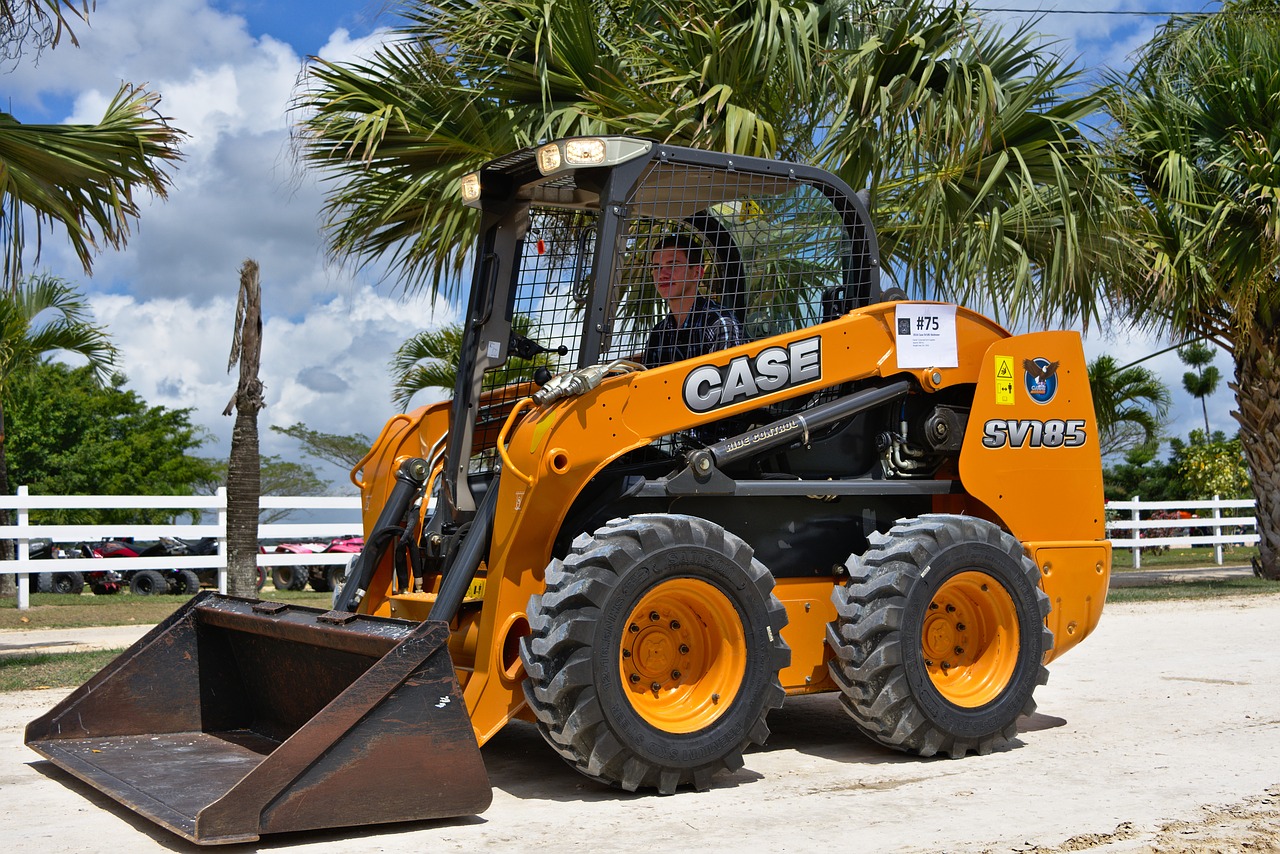Steel buildings are incredibly durable and versatile, making them popular for everything from warehouses to workshops and office spaces. However, these buildings can suffer from extreme temperature swings, moisture issues, and even structural damage over time without proper insulation.
In this article, David Mindham, Founder of Carnegie Steel Buildings, explains why insulation matters, the types available, and how to ensure your steel building remains functional and efficient year-round.
Why Insulation Is Crucial for Steel Buildings
Insulation provides a thermal barrier that stabilizes internal temperatures. Additionally, government building regulations require specific insulation standards to meet energy efficiency guidelines. Let’s explore the key reasons insulation is vital for your steel building.
Energy Efficiency
Without insulation, your steel building will be subject to drastic temperature swings. In summer, the metal absorbs heat, turning the building into a hotbox. In winter, the steel rapidly cools, making the interior cold. Insulation helps regulate internal temperatures, reducing the need for excessive heating or cooling. This creates a more comfortable environment and can also slash energy costs.
Moisture Control
Condensation is one of the biggest threats to steel buildings. When warm, moist air comes into contact with cold steel, it can cause condensation to form. Over time, this can lead to rust, mold, and even structural damage. Insulation acts as a barrier, preventing the temperature differential that leads to condensation. Without this protective layer, moisture could easily compromise the integrity of your building.
Comfort and Usability
Would you want to work in a building that feels like a furnace in the summer or an icebox in the winter? Insulation makes your steel building far more comfortable to work or store items in by maintaining a consistent indoor climate. Insulation is key to making the space functional year-round, whether you use it as a workshop, warehouse, or office.
Noise Reduction
Steel buildings can be noisy, especially if they’re located in high-traffic industrial areas or house loud machinery. Insulation helps to muffle exterior sounds and minimize noise from the inside, creating a quieter, more productive work environment — particularly important for buildings used for offices or public spaces.
Types of Insulation for Steel Buildings
Not all insulation is created equal, and the type you choose will depend on several factors. Here’s a detailed look at the most popular insulation options for steel buildings, each with pros and cons.
Composite Panel Insulation
Composite panels, or sandwich panels, are an effective insulation solution for steel buildings. They consist of two steel facings with an insulating core. Pre-fabricated for efficiency, these panels combine insulation and structural strength in one.
Pros: Composite panels provide excellent thermal insulation, fire resistance, and durability. Their integrated insulation ensures high energy efficiency and moisture resistance while offering a modern aesthetic.
Cons: Composite panels are generally more expensive at the initial purchase, but they are usually cheaper to install due to the efficient installation process and time-saving over other products, reducing labor and plant costs.
Fibreglass Batt Insulation
Fibreglass batt insulation is one of the most common and cost-effective types of insulation. It consists of large, fluffy panels made from fine glass fibers, typically installed between the building’s framing. This type of insulation is excellent for controlling heat transfer and reducing noise.
Pros: Fibreglass batt is affordable, easy to install, and widely available. It is also flexible, making working around electrical wiring and plumbing easier.
Cons: While effective for general use, fiberglass may not perform best in extreme climates or areas with high humidity. It’s also less moisture-resistant, which can lead to mold growth if condensation becomes an issue.
Rigid Board Insulation
Rigid board insulation is made from foam and offers excellent thermal resistance. It comes in large panels that can be cut to size and fitted into place. This type of insulation is beneficial in buildings with limited space, as it offers a high R-value (a measure of insulation’s effectiveness) without taking up much room.
Pros: Rigid board insulation is incredibly durable and provides superior insulation compared to fiberglass. Its high R-value makes it ideal for buildings in extreme climates where maintaining consistent temperatures is crucial.
Cons: It’s more expensive than fiberglass and requires precise installation. Cutting and fitting the panels into place can be labor-intensive, which may drive up installation costs.
Spray Foam Insulation
Spray foam is one of the most efficient types of insulation for steel buildings, providing both a thermal barrier and an air seal. It’s sprayed directly onto surfaces, where it expands and hardens, filling gaps and cracks to create an airtight seal.
Pros: Spray foam provides exceptional insulation, sealing gaps, and cracks to create an airtight barrier. It also acts as a moisture barrier, making it ideal for preventing condensation. Its versatility allows it to reach hard-to-access areas.
Cons: Spray foam is more expensive than other types of insulation and typically requires professional installation. Improper application can lead to uneven coverage, so it’s important to hire experienced contractors for the job.
Reflective Insulation
Reflective insulation, also known as radiant barrier insulation, works by reflecting heat away from the building rather than absorbing it. This type of insulation is particularly effective in hot climates where radiant heat from the sun can significantly increase the temperature inside the building.
Pros: Reflective insulation is lightweight, easy to install, and very effective in hot climates. It’s a great choice for buildings that primarily need to stay cool.
Cons: Reflective insulation is less effective in cold climates, where retaining heat is the priority. It doesn’t offer the same level of thermal resistance as other insulation types.
Factors to Consider Before Choosing Insulation
Choosing the right insulation for your steel building is more than just picking the material that fits your budget. Before making a decision, you need to consider several critical factors.
Climate
The climate where your building is located will play a significant role in determining the type of insulation you need. In colder climates, insulation with a higher R-value will help retain heat and keep energy costs down. In warmer areas, reflective insulation might be more effective in keeping the building cool.
Building Usage
Consider how your building will be used. A storage facility may not need as much insulation as an office or workshop, where maintaining a comfortable indoor temperature is critical for productivity. If your building houses temperature-sensitive equipment or materials, the quality and type of insulation become even more important.
Budget
While it’s tempting to choose the cheapest option, remember that insulation is an investment. More expensive insulation, like spray foam, may cost more upfront but can pay off in long-term energy savings and increased comfort. It’s essential to weigh the initial cost against the potential energy savings and longevity of your building.
Building Regulation Requirements
Don’t overlook local building regulations, overseen by Building Control, which may dictate the minimum R-value required for your insulation. This is especially important for commercial buildings, as failure to meet the regulations could result in fines or additional costs down the road to upgrade the insulation.
Maximizing the Lifespan and Comfort of Your Steel Building Through Proper Insulation
Proper insulation is key to enhancing the functionality and lifespan of your steel building. Not only does it create a more comfortable interior, but it also boosts energy efficiency and protects against moisture damage. The right insulation can significantly reduce maintenance needs and shield your structure from the elements. Whether you’re outfitting a warehouse, workshop, or office, the insulation you choose—and how well it’s installed — will directly influence the long-term performance and durability of your building.






